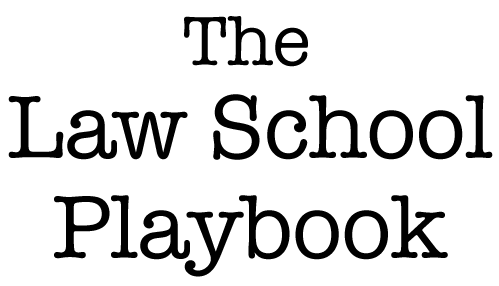Today, we are going to pick up where we left off in the last episode, where commercial airline pilot Sean Fitzgerald showed up for work “rip-roaring drunk” and engaged in pre-flight work before he was arrested. The statute he is alleged to have violated is 18 U.S.C. § 343, and we are now at step 4, which requires us to look for the statute’s meaning using the text and determine if the language is ambiguous or vague.
Read moreLegal Analysis Topic 1: Law Can Be Like Math
Today we will begin our discussion of legal analysis. We have all heard it time and time again: the purpose of law school is to train you to “think law a lawyer.” As the infamous Professor Kingsfield told his students in the 1973 film The Paper Chase, you come to law school “with a skull full a mush, and you leave thinking like a lawyer.” But what does that mean exactly? Do lawyers really think different than other people? What does it mean to “think like a lawyer”? And, for that matter, what is legal reasoning?
Read moreLegal Analysis Topic 2: Law Can be Like Science
The topic we are addressing today is inductive reasoning, another well-known type of reasoning often used in law school and in practice. While you are more likely to see rule-based reasoning on law school exams (particularly during your first year), my guess is that you’ve talked about inductive reasoning in your legal writing course (even if your professor hasn’t referred to it as such).
Read moreLegal Analysis Topic 3: Law is Deliberate
It’s so difficult for me to believe that I started law school almost 25 years ago. There are a lot of things I don’t remember about 25 years ago, but what I do remember well are the many things I didn’t know when I entered law school. Policy was one of those things. None of my professors talked about policy directly, in the sense of explaining what they actually meant when they were talking about it. Instead, policy was just something that came up every once in a while as students responded to questioning under the Socratic method. Well, eventually I figured out that policy is the purpose or reason behind a rule.
Read moreLegal Analysis Topic 4: Avoid the Pitfalls
If you’ve listened to the episodes on deductive reasoning, inductive reasoning, and policy-based reasoning, you know there is a lot of room for creativity in conducting legal analysis. This is one of the many reasons lawyering is challenging but also fun. Deciding which type of legal reasoning to use in a given case is driven by numerous considerations, such as careful reading, critical thinking, and professional judgment.
Read moreMind Matters Topic 1: Know Your Mindset
When students come to me feeling stressed and defeated, sometimes wondering if they can continue on in law school, we discuss their mindset and how much it matters. Stanford Professor and Psychologist Carol Dweck explains that there are two types of mindsets: a fixed mindset and a growth mindset.
Read moreMind Matters Topic 2: Persist
Perhaps you’ve heard the saying that law school is a marathon and not a sprint. At the heart of that saying is that to navigate law school successfully, you must have resolve, persistence, or staying power. But how do you do that day after day when the workload is so demanding?
Read moreMind Matters Topic 3: Overcome
In the last episode I highlighted the work of Angela Duckworth in her New York Times bestseller Grit: The Power and Passion of Perseverance. Today, I’m going to focus on a different book called Resilience: The Science of Mastering Life’s Greatest Challenges by Steven M. Southwick and Dennis S. Charney.
Read moreMind Matters Topic 4: Evolve and Be Kind
So far in the mind matters series, we’ve discussed having a growth mindset, grit, and using resilience to overcome difficulties. In this episode, I want to focus on habits.
Read more